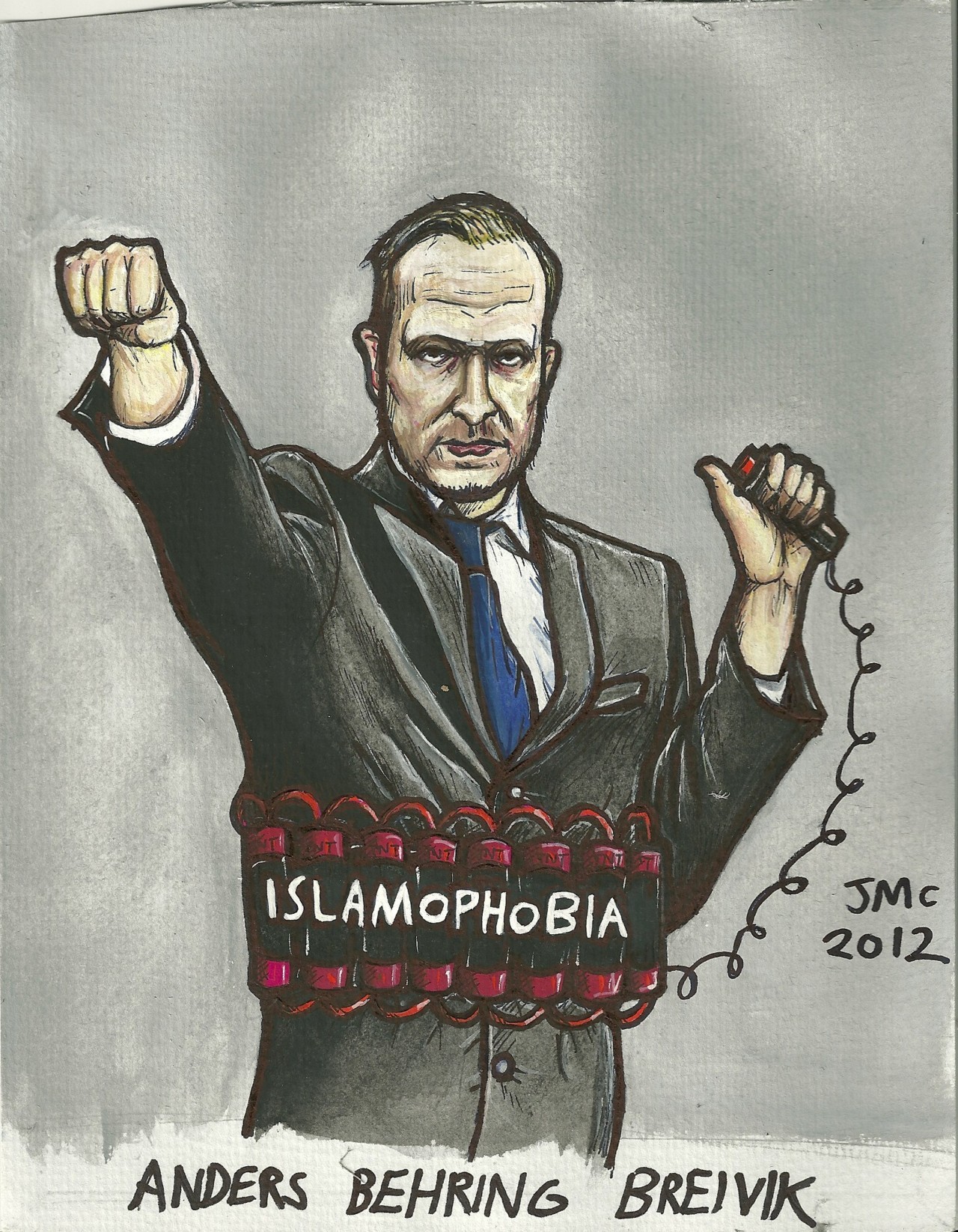
By Mohamed Ghilan
The former British Prime Minister Tony Blair made a pointing remark in his article in the Daily Mail when he wrote, "There is a problem within Islam - from the adherents of an ideology which is a strain within Islam." Mr Blair missed the mark about where the problem lies. It's not a problem within Islam per se; it's a problem with a particular mindset that a very few Muslims fall into, which results in a very potently dangerous effect.
Rich Nielsen of Harvard University recently published a study in which he found that the main factors driving radicalism were not poverty or ideology of teachers. Rather, it was the poor quality of academic and educational networks. Based on his research, Nielsen found clerics with the best academic networks had a 2-3 percent chance of becoming self-styled jihadists, as opposed to a 50 percent chance for those who were badly networked. This is an interesting finding given that under a traditional Islamic education paradigm, students study the same texts with different teachers in order to get different perspectives. Interestingly, they're also warned against the blind following of a single scholar.
Many Hadiths (sayings of Prophet Muhammad) have been transmitted in which Muslims are warned against extremism in religion. In one highly significant Hadith, Prophet Muhammad is reported to have said, "Towards the latter times a people will come who have little knowledge; are deficient in intellect; will speak quoting the best of people; have thick beards; wearing shortened garments; have shaved heads; have good speech but foul actions; claiming to act upon the Book of God but have no relation to it; they recite the Quran but it doesn't pass their throats; and they exit from Islam as an arrow exits from its bow." In another Hadith Prophet Muhammad told his companions that in relation to these people each companion will "belittle his prayer to their prayer, and his fasting to their fasting". Prophet Muhammad said about such a people that they will be ones who will engage in senseless killing of innocents in the name of religion, and so they will need to be sought after and fought.
A Muslim sage once said, "The self is insidious and it inclines towards extremism in righteousness or in wickedness." The current state of Muslims-gone-extreme is a version of Islam being perverted that the Prophet of Islam directly warned against. The ability to quote verses from the Quran isolated from the context of passages and without providing the contextual background for which those verses came about has always been recognised by Muslims to be a clumsy handling of Scripture. This is a problem that plagues not only modern day Kharijites in the form of extremist Muslims; it's also one that extremist critics of Islam such as Sam Harris have fallen for.
It says nothing about the Quran, good or bad, to take isolated verses as Harris does and present them as proof for one's case against Islam. But it speaks volumes about the mindset of the individual who engages in such selective reading. What it indicates is not a problem that's necessarily within the Islamic teachings. Polls and statistics done over the years have constantly shown that the overwhelming majority of Muslims don't adhere to, and in fact condemn, extremist ideologies. In fact, Gallup polls conducted in 2011 revealed that Muslim Americans were more likely than any other faith group to reject attacks on civilians. What extremist Muslims and extremist critics of Islam have in common is not the Scripture. Rather, they share the same mentality and approach to Scripture, and all they differ in is on which fundamentalist side of the coin they fall.
The answer is not going to come from trying to eradicate teachings such as Jihad as Tarek Fatah, the founder of the Muslim Canadian Congress, constantly calls for. Jihad, which in this context refers to the conduct during military operations, is grossly misrepresented and misunderstood by both Muslim extremists claiming to be engaged in it and anti-Islam extremists calling for its elimination from Islam.
Lesley Hazleton, the award-winning British-American writer, gave a TEDx talk in October 2010 outlining what seemed like her dedication of more time to the Quran than extremists on both sides of the Islamic divide. In her talk she didn't give an interpretation, but simply the context of several verses in the Quran that are being used by extremists. The context alone exposed the dishonesty of extremists' handling of these verses.
Like other traditions, Islam is not a simpleton religion. Change will come from properly educating Muslims about what something like Jihad actually is about, the different forms of it, how it's engaged, who's allowed to call for a military aspect of it, and when it becomes an anarchist criminal activity as it most certainly has nowadays.
No comments:
Post a Comment